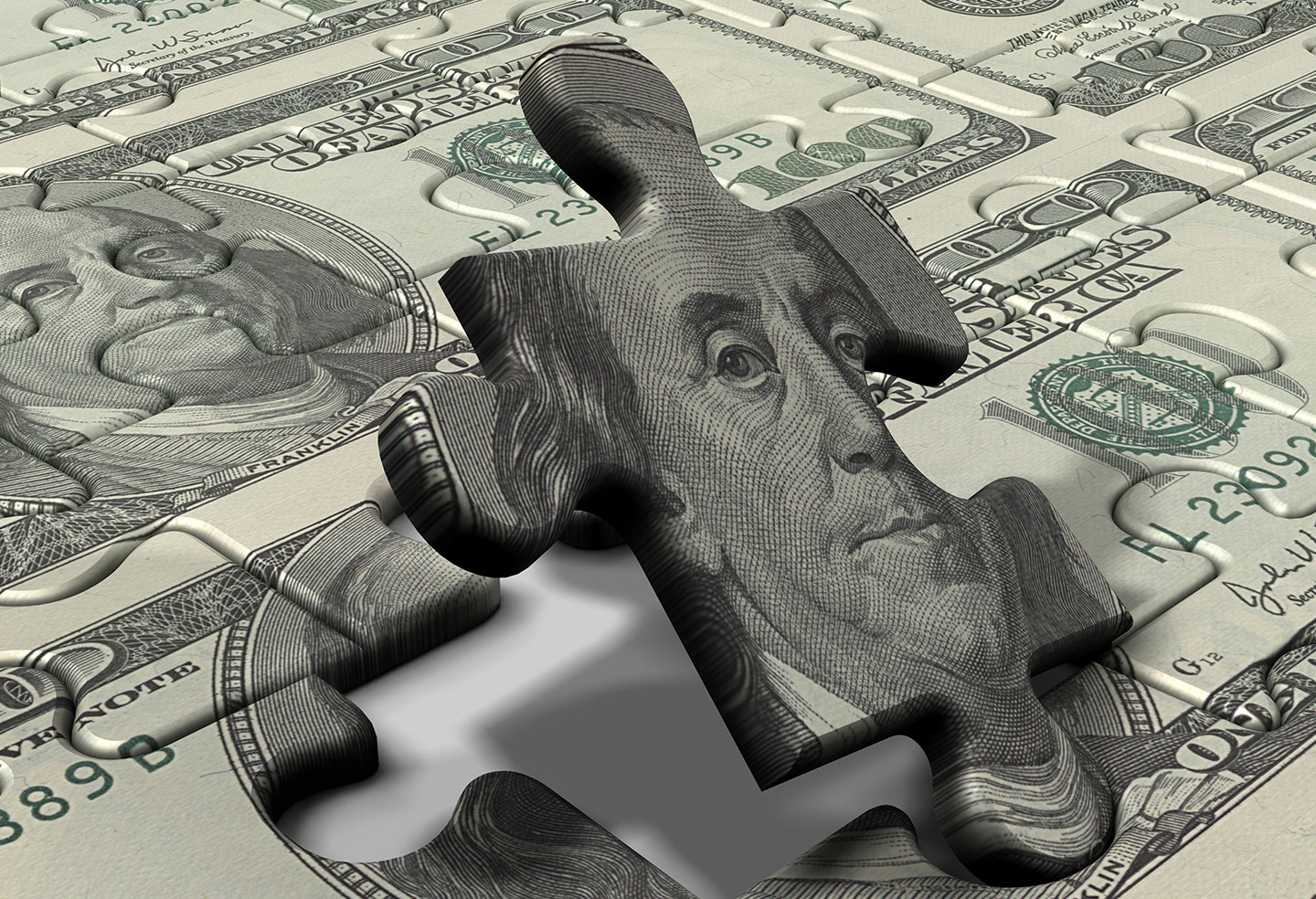Maryland Legal Alert for Financial Services

Maryland Legal Alert - April 2024
In This Issue
CFPB Requests Public Comment on Mortgage Closing Costs
CFPB Bans Excessive Late Fees by Large Credit Card Issuers
To Charge or Not to Surcharge, That is the Question
CFPB Requests Public Comment on Mortgage Closing Costs
On March 8, 2024 the Consumer Financial Protection Bureau (CFPB) asked for public comment on mortgage closing costs, which include title insurance, origination fees, and appraisal costs. As part of the CFPB’s mission to eliminate “junk fees,” the CFPB is now targeting fees that consumers incur when closing on residential property. The CFPB noted the large increase in median total loan costs and frequent use of discount points as the cause for concern over mortgage closing costs, but failed to connect these metrics to rising interest rates. The CFPB also noted that many closing costs are fixed and do not vary by the mortgage size, meaning low-income borrowers pay the same fees as those getting much larger loans. The high closing costs may come from a lack of choice and competition among lenders, which the CFPB vows to improve by implementing additional rules and guidance. While the residential mortgage market is already highly regulated, the CFPB seems poised to introduce more rules, adding complexity in its pursuit of consumer protection.
For more information, contact Christopher R. Rahl or Natalie C. Gibson.
CONTACT CHRISTOPHER R. RAHL | 410-576-4222
CONTACT NATALIE C. GIBSON | 410-576-4029
CFPB Bans Excessive Late Fees by Large Credit Card Issuers
On March 5, 2024, the Consumer Financial Protection Bureau (CFPB) finalized a new rule to amend Regulation Z (Reg. Z), which implements the Truth in Lending Act (TILA). Reg. Z prohibits credit card issuers from imposing a fee for violating the terms or requirements of a credit card account, such as a late payment fee, unless the issuer has determined that the fee is reasonable in light of costs incurred as a result of the violation.
The CFPB’s new rule, which is expected to go into effect May 14, 2024, will reduce the safe harbor late fee penalty threshold from $32 to $8 for large credit card issuers (issuers that have one million or more open accounts).
Additionally, the rule will end automatic inflation adjustments for the late fee safe harbor amount and require large issuers to prove that the imposition of fees in excess of the safe harbor threshold is necessary to recoup collection costs. The rule closes a loophole resulting from provisions of the Credit Card Accountability Responsibility and Disclosure Act of 2009 (CARD Act). The CARD Act included a safe harbor provision which allowed for a $30 late penalty fee and a $41 late penalty fee for similar violations during the same billing cycle or subsequent billing cycles for seriously delinquent accounts. The lowered late fee safe harbor is a result of the CFPB’s belief that the CARD Act safe harbor amounts were much higher than actual card issuer collection costs and were therefore inconsistent with TILA’s requirement that such fees be reasonable and proportional to the related violation.
For more information, contact Christopher R. Rahl or Tamia J. Morris.
Contact Christopher R. Rahl | 410-576-4222
Contact Tamia J. Morris | 410-576-4021
To Charge or Not to Surcharge, That is the Question
The Governor of New York recently signed NY General Business Law § 518 into law which went into effect on February 11, 2024. This new law amended a previous New York law which prohibited merchants from imposing a surcharge on customers who used a credit card to pay for goods and services. The new law stipulates that if a “seller” is to impose a surcharge on the customer for the use of a credit card, then the “seller” must clearly and conspicuously post the total price for using a credit card, inclusive of the surcharge and such surcharge may not exceed the amount of the surcharge charged to the business by the underlying credit card issuer. In addition, the law imposes a civil penalty not to exceed $500 per violation. Merchants subject to the new law may charge New York customers who pay with a credit card a surcharge, but subject to these new limits. Merchants subject to the new law will be faced with the difficult task of determining how much their respective card issuers will charge them to meet the new law’s fee cap.
Similar to the New York provision, in Maryland, House Bill 1481 cross-filed with Senate Bill 0520 was introduced in February of 2024 with proposed language prohibiting a retail business from charging a consumer a credit card surcharge that is more than the amount charged by the underlying credit card issuer. The future passage of this bill is unclear at this stage but if it does pass, merchants in Maryland will be faced with the same challenge of determining how much their respective card issuers will charge them to meet the applicable provisions’ fee cap.
A handful of other states have existing credit card surcharge limitations, so merchants with multi-state footprints will be forced to continue to apply a state-by-state approach concerning the amount/permissibility of credit card surcharges. For more background on credit card surcharges, please see our Maryland Legal Alert February 2019.
For more information, contact Christopher R. Rahl or Ebele U. Ebonwu.
Contact Christopher R. Rahl | 410-576-4222
Contact Ebele U. Ebonwu | 410-576-4082
Date
April 03, 2024
Type
Author
Ebonwu, Ebele U.
Gibson, Natalie C.
Morris, Tamia J.
Rahl, Christopher R.